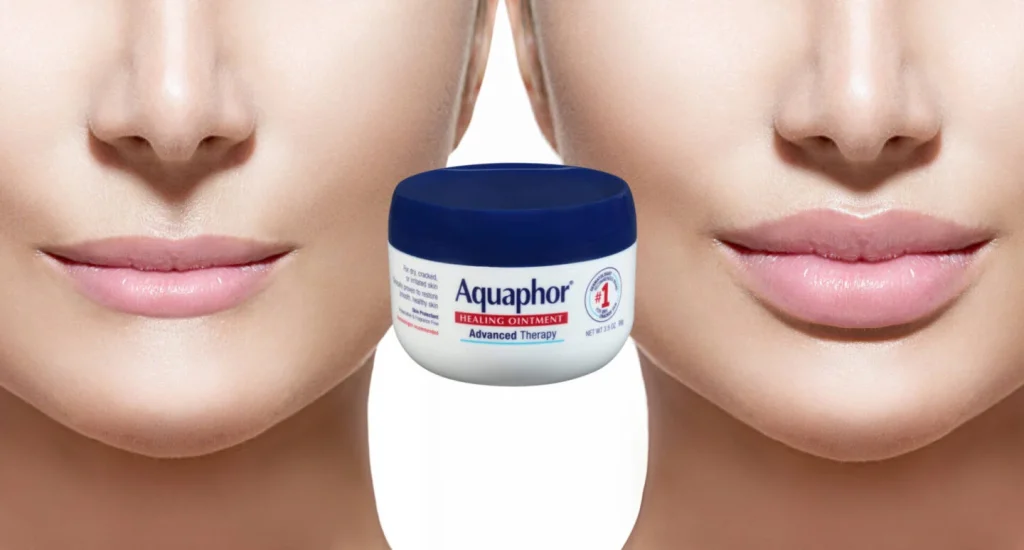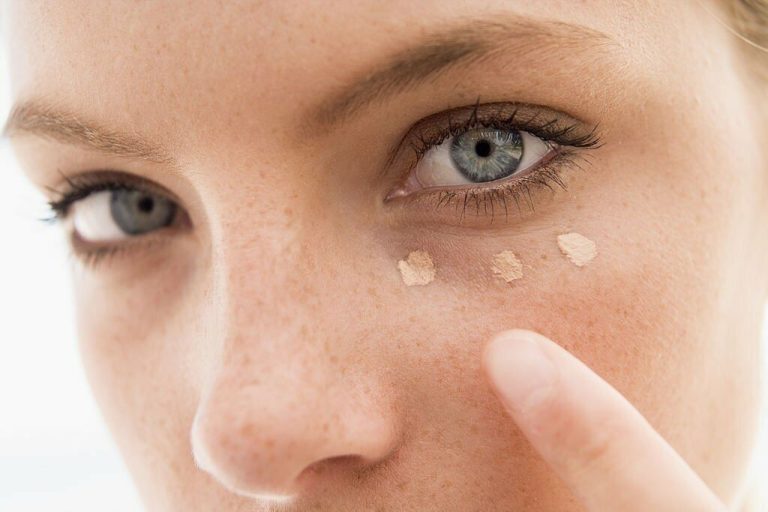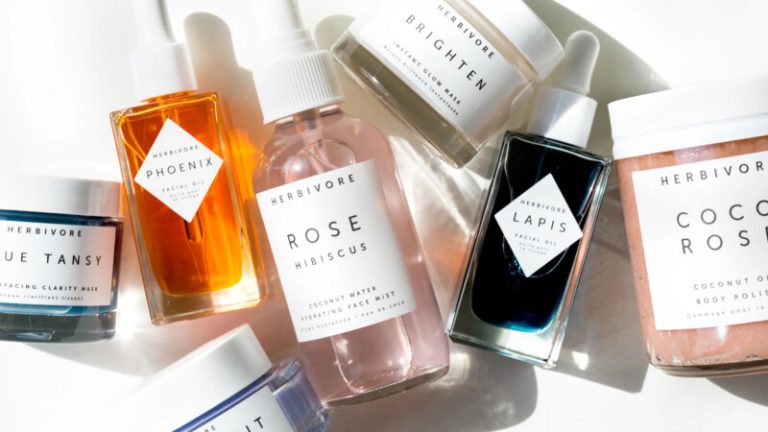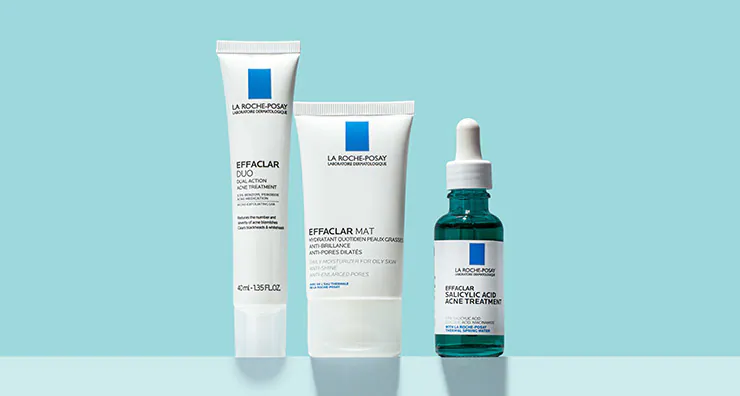Is Aquaphor the Same as Vaseline?
Vaseline and Aquaphor are two of the most popular petroleum-based ointments on the market. At first glance, they seem nearly identical – so is Aquaphor the same as Vaseline?
While Vaseline and Aquaphor share some key similarities, they have some important differences in their ingredients, texture, and suitability for different uses. Keep reading as I compare and contrast these two versatile skin protectants in detail.
What’s the Difference Between Aquaphor and Vaseline?
Contents
- What’s the Difference Between Aquaphor and Vaseline?
- How Are Aquaphor and Vaseline Similar?
- Aquaphor Healing Ointment Overview
- Vaseline Healing Jelly Overview
- How Do Aquaphor and Vaseline Compare?
- Frequently Asked Questions
- Is Aquaphor or Vaseline better for lips?
- Is Aquaphor the same as petroleum jelly?
- Where should you not use Aquaphor or Vaseline?
- Is Aquaphor as greasy as Vaseline?
- Will Aquaphor clog pores?
- Do dermatologists recommend Aquaphor?
- Should I put Aquaphor on my face before bed?
- How do you wash Aquaphor off your face?
- What does Vaseline do for eyelashes?
- Final Verdict
While Aquaphor and Vaseline are both petroleum-based ointments, they have some notable differences. Here’s a detailed look at each product:
Aquaphor Healing Ointment
Aquaphor Healing Ointment is marketed as a protective ointment that supports skin’s natural healing process. Here are its key features:
Benefits
- Can be used as a facial moisturizer and hydrating mask
- Allows oxygen flow to boost healing
- Helps address dryness from wind and cold weather
- Relieves diaper rash discomfort
- Protective barrier supports healing process
- Helps address eczema dryness
- Protects chafed skin
Ingredients
- 41% petroleum jelly
- Panthenol, glycerin, lanolin alcohol, ceresin, bisabolol, and mineral oil
Texture and Consistency
- Slightly thinner than Vaseline
Formula
- Free of preservatives and fragrance
Skin Type
- Lanolin content may not suit sensitive skin
Vaseline Healing Jelly Original
Vaseline Healing Jelly promises to help heal dry, damaged skin with its pure petroleum jelly formula. Here’s an overview:
Benefits
- Protective barrier supports healing
- Helps address eczema dryness
- Protects chafed skin
Ingredients
- 100% pure, triple purified petroleum jelly
- Mineral oil, microcrystalline wax, and paraffin
Texture and Consistency
- Thicker than Aquaphor
Formula
- National Eczema Association Seal of Acceptance
Skin Type
- May be too thick for oily and acne-prone skin
Already we can see some key differences between Aquaphor and Vaseline. Next I’ll explore how these ointments are similar.

How Are Aquaphor and Vaseline Similar?
Despite their unique features, Aquaphor and Vaseline share quite a few core similarities:
Key Features
- Both are multipurpose ointments that protect and restore skin
- Target dry, damaged, cracked, irritated skin
- Uses include moisturizing dry skin, soothing chapped lips, softening cuticles, healing chafing and friction burns, and more
Texture and Consistency
- Both have a petroleum base with minimal water content
- Thick, viscous texture feels sticky or greasy
Absorption
- Skin does not absorb quickly, forming a protective moisture barrier
Formula
- Gentle, non-comedogenic, suitable for most skin types
- Even appropriate for sensitive skin
It’s clear that Aquaphor and Vaseline share a very similar effect of protecting, sealing in moisture, and restoring damaged skin. Now let’s take a closer look at each product.
Aquaphor Healing Ointment Overview
How does Aquaphor compare to Vaseline for healing and hydrating skin? Here are the key points:
Comparison to Vaseline
- Contains additional moisturizing ingredients like glycerin and panthenol
- Slightly thinner texture may be more cosmetically elegant
- Lanolin may cause irritation for some
Ingredients and Benefits
- Petrolatum forms a protective barrier on skin
- Glycerin attracts moisture from the air
- Panthenol soothes and hydrates skin
- Lanolin provides additional moisture
Suitability and Uses
- Very versatile for lips, hands, cuts, eczema, etc
- Lanolin makes it especially good for extra dry skin
- Okay for acne-prone skin as it is non-comedogenic
Pros and Cons
Pros:
- Extra moisturizing ingredients
- Free of fragrance
- May promote tattoo healing
Cons:
- Lanolin may cause allergic reaction
- Not ideal for wound healing
Overall, Aquaphor is an excellent multi-use ointment with added skin-nourishing benefits compared to regular petroleum jelly. However, lanolin poses a slight risk of irritation for sensitive skin.
Vaseline Healing Jelly Overview
Now let’s see how pure petroleum jelly in the form of Vaseline stacks up:
Comparison to Aquaphor
- 100% pure petroleum jelly formula
- Thicker, more occlusive texture
- May be better for wound healing
- Limited moisturizing effects
Ingredients and Benefits
- Petrolatum seals in moisture and protects skin
Suitability and Uses
- Great for lips, cuticles, eczema
- Protects minor scrapes and wounds
- Use alone or before moisturizer
Pros and Cons
Pros:
- Helps lock in moisture
- No lanolin or fragrance
- Good for sensitive, eczema-prone skin
- Preferred for wound healing
Cons:
- Does not add moisture
- Thick texture may be too greasy
- Not ideal for tattoo healing
Vaseline is an affordable skin protector that excels at creating a protective barrier on skin. It moisturizes by preventing moisture loss rather than providing hydration though.
How Do Aquaphor and Vaseline Compare?
Now that we’ve analyzed Aquaphor and Vaseline individually, how do they stack up against each other? Here are some key comparisons:
- Effectiveness as occlusives: Both are excellent at sealing in moisture, with Vaseline possibly having a slight edge. Aquaphor may be more cosmetically elegant.
- Dry, sensitive skin: Aquaphor offers more hydration, but lanolin poses a slight irritation risk. Vaseline may be safer for sensitive skin.
- Oily, acne-prone skin: Vaseline is likely the better choice since Aquaphor contains more oils and butters.
- Wound healing: Vaseline is typically preferred over Aquaphor for protecting wounds.
- Tattoo healing: Aquaphor seems optimal for keeping new tattoos moisturized and protected.
Overall, Aquaphor offers additional hydrating and healing benefits thanks to ingredients like panthenol and glycerin. However, Vaseline provides more pure occlusion for extremely dry skin. Pick Aquaphor for extra nourishment or Vaseline for sensitive skin and wound protection.
Frequently Asked Questions
Still have questions about how Aquaphor and Vaseline compare? Here are answers to some common questions:
Is Aquaphor or Vaseline better for lips?
Aquaphor may be better for chronically dry, flaky lips since it provides more hydration. Vaseline is still an excellent lip balm though thanks to its protective qualities.
Is Aquaphor the same as petroleum jelly?
No, Aquaphor contains petroleum jelly plus other moisturizing ingredients. Vaseline is 100% pure petroleum jelly.
Where should you not use Aquaphor or Vaseline?
Avoid using either on fresh tattoos or open wounds without doctor approval. Discontinue use if irritation occurs.
Is Aquaphor as greasy as Vaseline?
Aquaphor feels slightly less greasy upon application but both can feel sticky or tacky on the skin. Vaseline may leave a more obvious greasy residue.
Will Aquaphor clog pores?
Aquaphor is non-comedogenic so it should not clog pores for most people. Those with very congestion-prone skin may want to spot test first.
Do dermatologists recommend Aquaphor?
Yes, dermatologists often recommend Aquaphor for dry skin conditions like eczema. Though always check with your dermatologist first if you have allergies.
Should I put Aquaphor on my face before bed?
Applying a thin layer of Aquaphor at bedtime can help seal in moisture and protect dry facial skin overnight. Use a light hand to avoid looking too greasy.
How do you wash Aquaphor off your face?
Rinse with lukewarm water then follow with a gentle facial cleanser. You may need to cleanse twice to fully remove any residue. Avoid hot water or scrubbing.
What does Vaseline do for eyelashes?
Applying Vaseline to eyelashes before bed can condition them and promote growth by preventing brittleness and breakage. Use a clean applicator and avoid getting Vaseline in your eyes.
Final Verdict
In summary, while Aquaphor and Vaseline share a similar ability to protect, seal in moisture, and soothe dry, damaged skin, they have some key differences:
- Aquaphor contains hydrating ingredients like glycerin, panthenol, and lanolin alcohol
- Vaseline offers pure petroleum jelly occlusion with fewer possible irritants
- Vaseline may be better for wound healing while Aquaphor promotes better tattoo healing
- Aquaphor is more versatile for the face while Vaseline suits the body and lips
The bottom line is that both Aquaphor and Vaseline are affordable, accessible, dermatologist-recommended products. Which one is right for you depends on your specific skin type and needs. Oily, acne-prone skin may benefit more from Vaseline’s light texture, while chronically dry skin often appreciates Aquaphor’s extra moisture.
No matter which you choose, you can rest assured that applying a thin film of either Aquaphor or Vaseline as needed will protect your skin barrier, lock in moisture, and help heal dryness and damage. Listen to your skin’s needs and pick the option that feels most nourishing or protective to get smooth, soothed skin.

Founded by Sophia Rodriguez, IGXO Cosmetics is a PETA-certified, cruelty-free, and vegan makeup brand.





